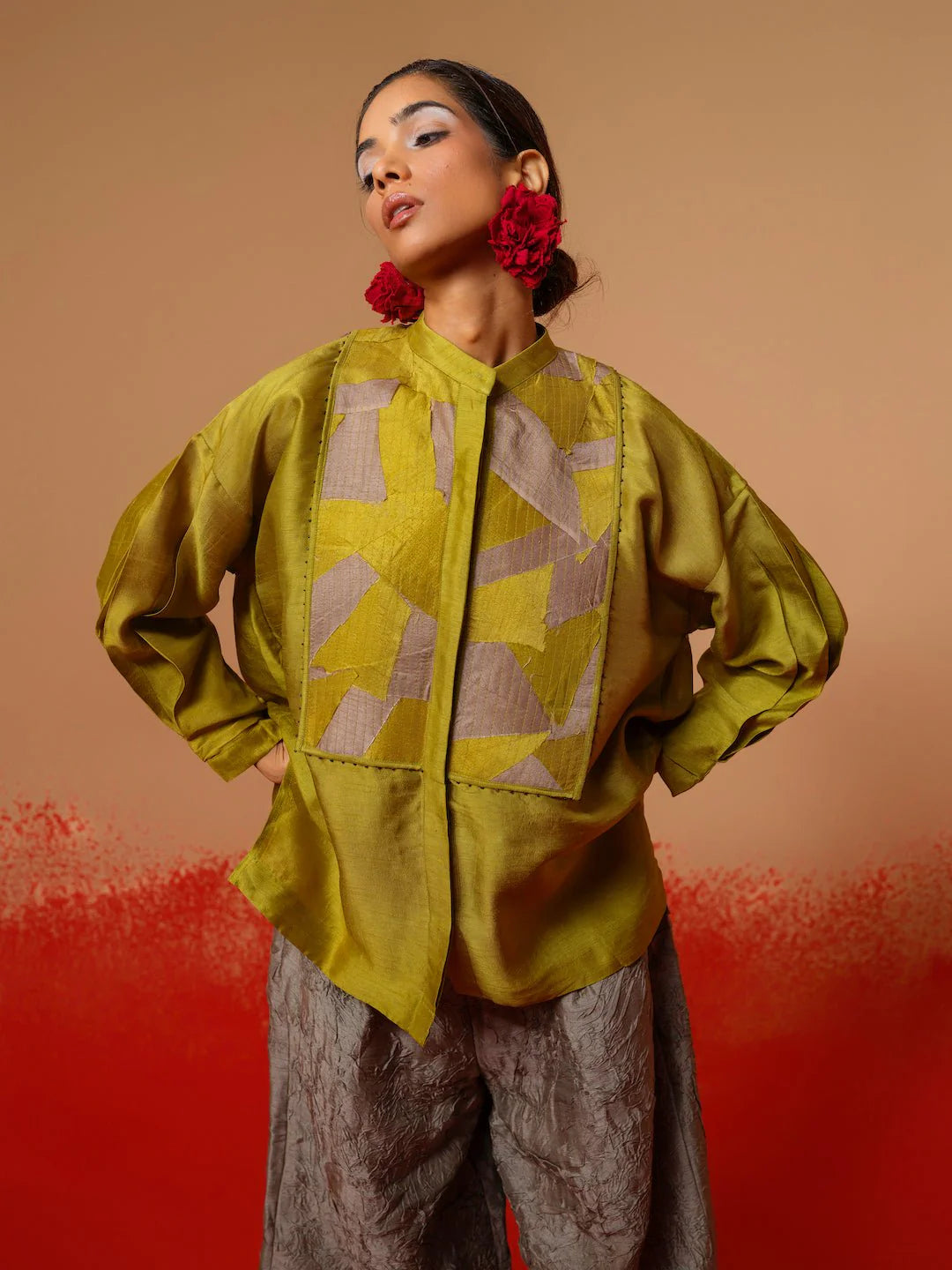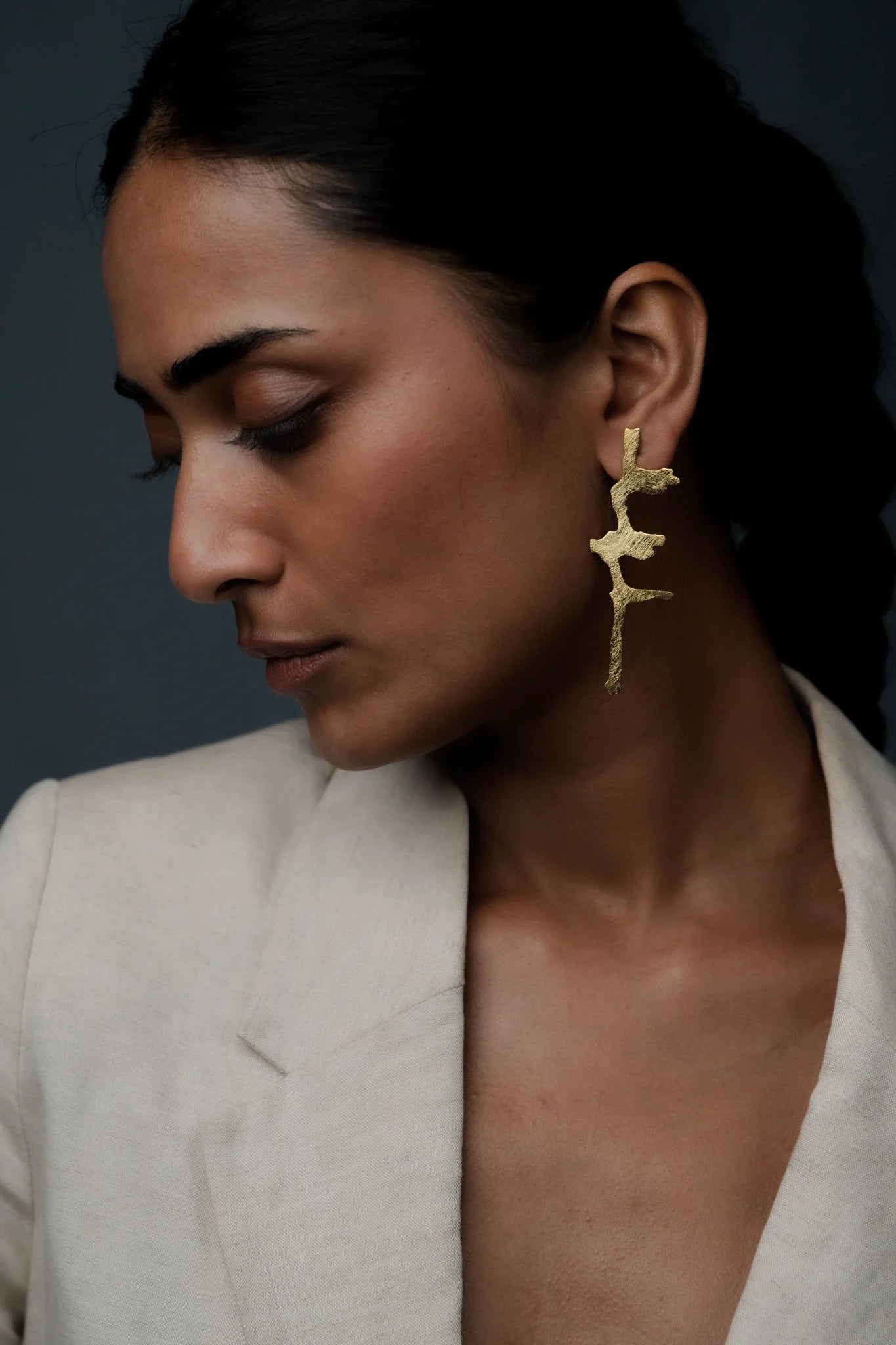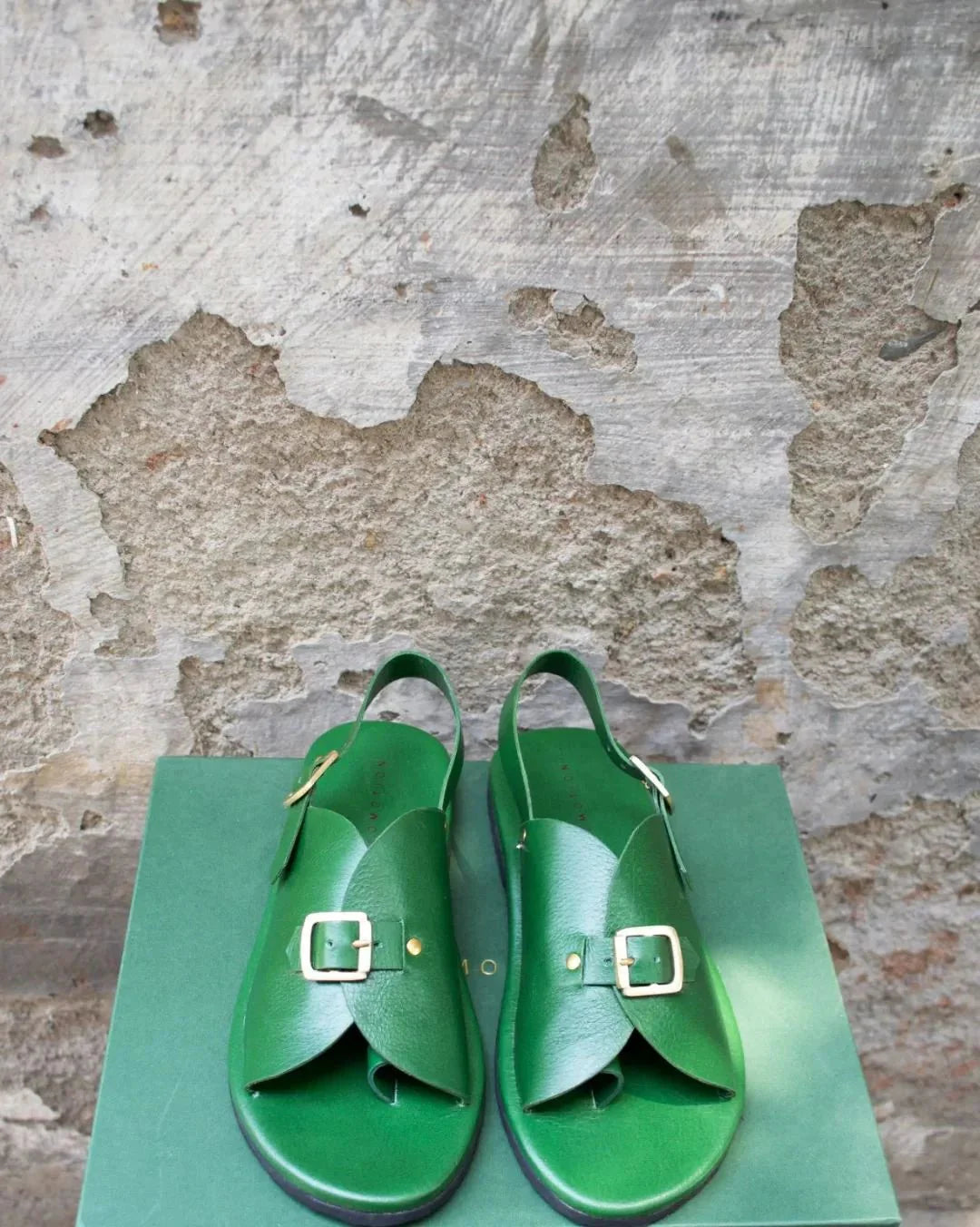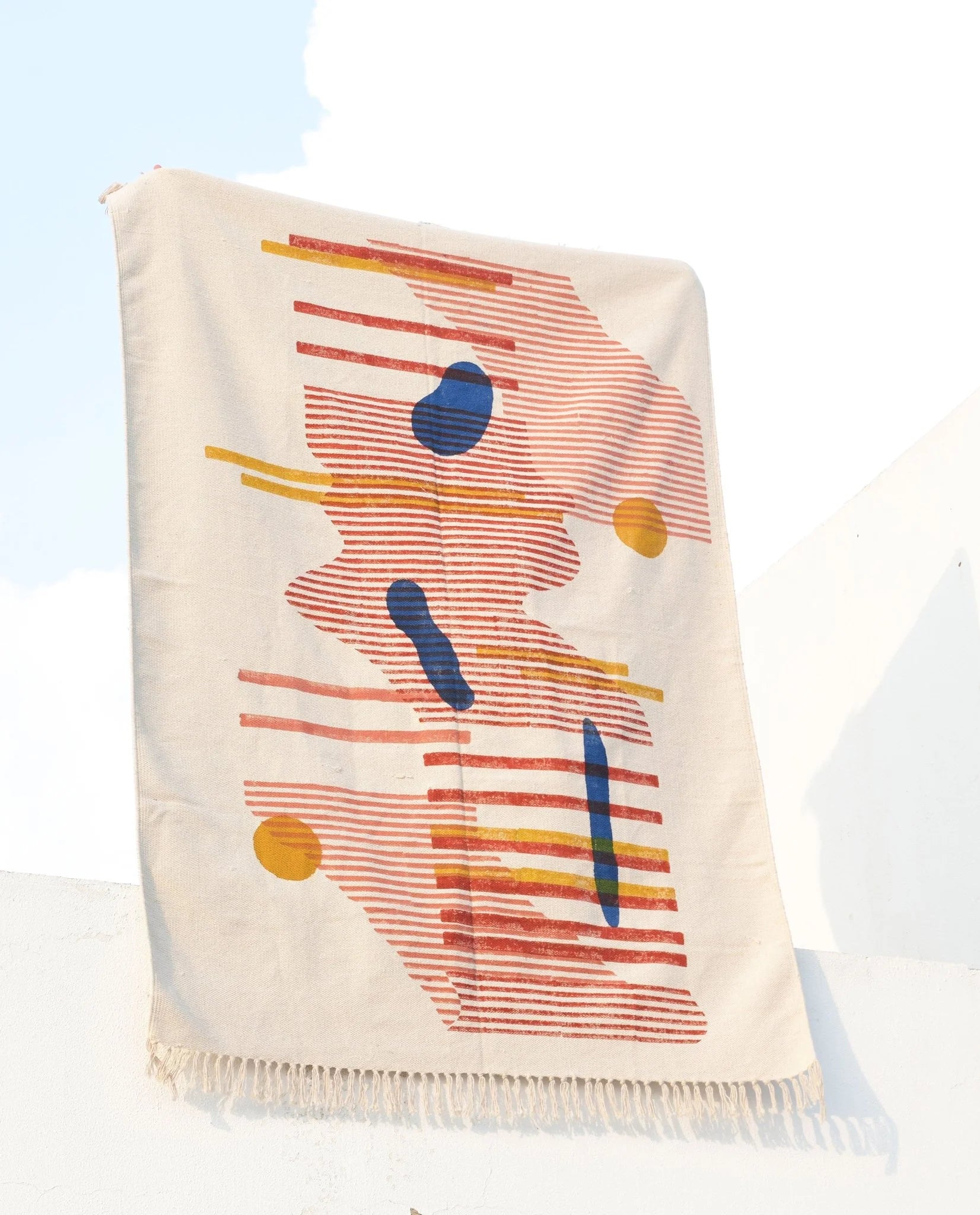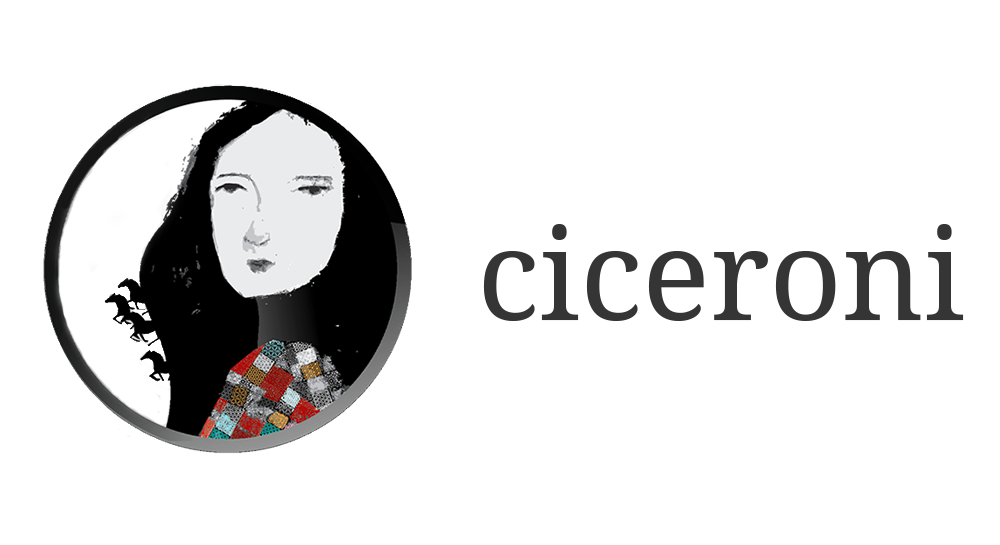All of us have heard of ecofriendly and biodegradable products. But have you heard of ecofriendly and biodegradable menstrual products? If no, then read on. If yes, then maybe it could add something to what you already know.
There is no easier way to approach the subject. According to Women’s Environment Network, an average woman menstruates for about 40 years. She uses about 20 tampons or pads each month, amounting to a 240 per year and 9,600 hygiene products over her lifetime. Each of these conventional pads and tampons are made of plastic and are bleached with chemicals such as chlorine to obtain the pristine white. A single pad, which is 90% plastic, takes about 500-800 years to decompose. These non-compostable pads and tampons end up in sewerage systems, landfills and unfortunately even water bodies. Most chemicals from these plastic pads cause groundwater pollution and loss of soil fertility. Incarceration as a method of managing the menstrual waste is not practiced with proper guidelines in most places and it produces toxic fumes such as dioxins and furan which adds to the pollution. It is plastic after all.

But there is more to it. Apart from the environment, non-compostable pads and tampons harm our bodies as well. The composition of the mainstream menstrual products, traps the fluids released from our bodies along with the blood which poses a risk. It can cause rashes, irritation, fungal or bacterial infections, inflammation in the vagina and so on. It may lead to pelvic inflammatory diseases, compromising reproductive health and in some cases even cervical cancer. It depends on the type of plastic being used to make these products and how are they used. When it comes to tampons, there is a risk of TSS which is toxic shock syndrome if used for a longer time. We cannot overlook the impact it may have on the waste pickers who usually segregate the waste by hand. The used product becomes almost a breeding ground for pathogens and can cause infections if not disposed carefully. Moreover, if it belongs to an HIV infected person the risk is even higher.
And the way non compostable pads and tampons loosens our purse is quite something. Let’s assume a woman spends Rs.100 each month on conventional sanitary napkins which is about Rs.1200 a year and Rs.12000 for 10 years. Alternatively, a biodegradable pad or a cloth pad may cost almost the same and even less depending on the options you choose from. And here’s the thing, it decomposes completely! Yes, it does. Another alternative is a menstrual cup which may cost you Rs.1500 to Rs.2000 if you opt for a high end product. But guess what, you can use just one cup for up to 10 years! Do you see the numbers here? You could have saved so much money! If not that, at least decreased the environmental impact!
So you may want to know what can be done. There are many ecofriendly and biodegradable menstrual products available and there is something for everyone. You can choose one or a combination that suits your needs.
Wouldn’t you want to have a rash free, ecofriendly period? To start off here’s a list for you to explore.
1. Bio-degradable Sanitary napkins

A popular alternative to non-biodegradable pads, these pads are made of naturally degradable materials and even the leak proof backing is made of the same so it can decompose completely. Some of the materials are hemp, bamboo fiber, banana fiber, corn or palm starch, organically produced cotton, water hyacinths depending on what brand you choose from. It is much easier to make the switch as you can use them like any other plastic pad and have a rash free experience.
2. Cloth pads

These are made of organic cotton and can be used for 3 to 5 years. You need to use them like any other pad and when you are done you can wash it thoroughly and let it dry in the sun. The UV rays are the best disinfectant for the cloth pad. There are some designs that come with inserts and can be used for days with light flow to heavy flow. You can even learn how to make one that fits your requirement! After you feel the cloth pad has served its purpose you can dispose it safely and it will decompose in 6 to 8 months.
3. Period Panty

Period Panty is just like any other panty. It is made to be leak proof and can be used for multiple purposes. It can be used for mild incontinence and postpartum bleeding apart from menstrual bleeding. You can use it without the fear of leaking and the inserts will be properly in place. It can be used up to 2 years and disposed in a similar manner as the cloth pad. There are leak proof period panties available internationally for swimmers as well.
4. Organic tampons

They are made from cotton which is grown organically free of pesticides, plastic and chlorine used for bleaching. Some brands make these biodegradable tampons that come with an applicator which is ecofriendly as well and can be used for years.
5. Menstrual Cup

Menstrual Cups are made of medical grade silicone. Some brands make it in a vegan friendly manner as well. It is made in such a way that it collects vaginal fluids and blood rather than absorb and is easy to insert and remove from the vaginal canal. You must sterilize it before and after use, which is very easy to do using hot water and a mild soap if you wish to. While on your period you can flush the contents after first use, rinse it with clean water and its ready to use again. A single cup can be used for up to 12 hours a day and can last for up to 10 years. There are multiple brands offering a range of menstrual cups that can help you choose the right one for your body.
6. Soft disk

Soft disk functions like a menstrual cup but unlike menstrual cup one does not need to insert it below the cervix and can be inserted near the pelvic bone. The rim adapts the shape of the walls and is inserted length wise. Similar to a menstrual cup it collects the fluids and can collect 5 times more as compared to a tampon. Although it is a disposable product its creates 60% less waste than tampons and easier to use than a cup. You can find reusable soft disks or soft cups as well. Soft disks are preferable if you wish to have period sex!
7 Labia pads

Labia pads are small leaf shaped cloth pads that help direct menstrual flow to the center of the pad to prevent leaking. It can be worn with cloth pads or biodegradable pads as per your convenience. It can also be used with regular panties for mild incontinence.
Happy Exploring!

